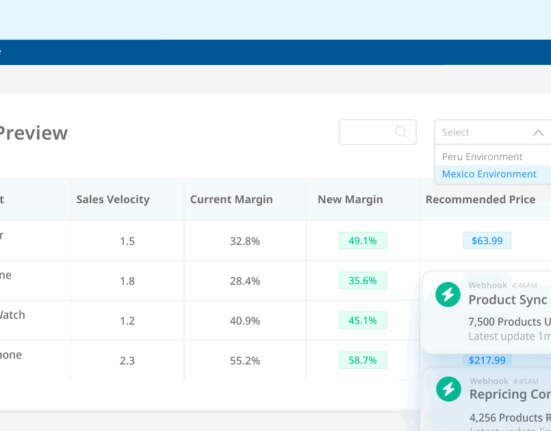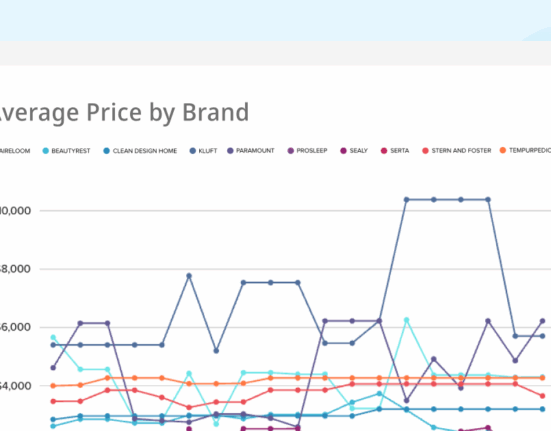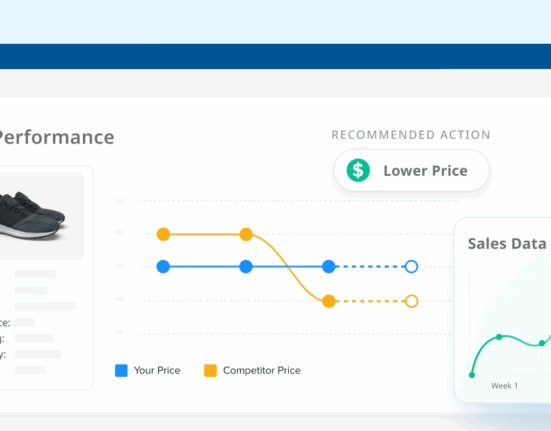In previous posts, we’ve explored various levels and capabilities of price tracking tools. But when you’re evaluating price intelligence solutions, understanding the methodology isn’t enough. You also need to ask the right questions to ensure your vendor delivers long-term value. From our conversations with customers, we’ve identified three key questions you should ask every potential provider:
- Who is responsible for providing the matching?
- What happens when a crawler gets blocked?
- What is the support process?
Let’s break down why these questions are essential, and what the answers reveal about a price monitoring vendor.
1. Who Is Responsible for Providing the Matching? And How Often Do They Search for New Matches?
The Context: In many cases, low-cost vendors transfer the burden of providing product matches to the customer. This isn’t always transparent during the sales process. Some vendors expect customers to supply the entire product catalog and identify every relevant competitor match—an overwhelming task, particularly for companies with broad and diverse product lines.
The Implications: Even for organizations with well-established data practices, it can take months to aggregate a complete product catalog. Compiling all SKUs and categories, gathering inputs from various data owners, and ensuring alignment is challenging enough. Now imagine being responsible for mapping competitive products for each SKU—especially when competitors continuously launch new products or sunset old ones. If your provider only performs product matching once per quarter, you risk missing critical pricing intelligence. Regular and proactive updates are crucial for staying competitive.
A Real-World Comparison: One competitor we’ve encountered only refreshes their product matching quarterly, and in some cases, annually. Consider how many new product launches or competitive shifts occur in just a few weeks. A gap in matching frequency means you’re likely missing critical insights.
2. What Happens When a Crawler Gets Blocked?
The Context: Extracting reliable data isn’t a set-it-and-forget-it task. eCommerce sites often employ anti-bot measures, change their structures, or update their terms of use. Cheaper providers may lack the resources to proactively monitor and fix blocked crawlers, which can compromise your data quality. Some may even cut corners by relying entirely on AI-driven extraction without manual oversight—leading to inconsistencies.
The Implications: A blocked or malfunctioning crawler means you’re flying blind on competitive pricing. We’ve heard from customers about providers taking 3-6 months to fix blocked crawlers, leaving them with incomplete data for key competitors during critical periods. Furthermore, some vendors rely on indirect extraction methods, like scraping Google Search results. This is problematic because Google can display outdated or inaccurate information, especially when scraping data buried deep within search results.
One additional implication to consider is the difference between knowing about missing data and being completely unaware of it. When vendors neglect to rigorously monitor data accuracy and completeness, customers often bear the burden of identifying extraction issues. For instance, a crawler might malfunction or be blocked from accessing a site due to new restrictions, leaving it up to the customer to alert the vendor about missing data. This oversight becomes a major issue when your team needs to analyze historical pricing trends or plan upcoming promotions, only to discover significant gaps in data collection that went unnoticed.
The Risk: For instance, say you’re monitoring Target.com’s prices. If your crawler fails and there’s no quick resolution, you could miss months of pricing shifts. If Target is undercutting your prices on 20% of key products, you’re losing sales daily without knowing why.
3. What Is the Support Process?
The Context: Many vendors keep costs low by limiting support—often relying on offshore or email-only services. However, when issues arise, you want a responsive team capable of resolving them quickly. Whether it’s troubleshooting platform access or verifying data accuracy, effective support ensures that your pricing strategy stays on course.
The Implications: A lack of accessible support can lead to significant delays in correcting data or resolving platform issues. With poor-quality data or difficult-to-use interfaces, you’re unable to make informed pricing decisions.
Setting Realistic Expectations
At Wiser, we position ourselves not as a premium or budget provider but as a solution built on transparency. During the sales process, our technical sales engineers are upfront about capabilities and limitations, setting clear expectations from the start. We believe that when you understand what you’re getting, you’ll appreciate the value we provide.
Interested in learning more about Wiser’s pricing solutions? Get in touch to see how we can elevate your competitive intelligence.









